Pesticides and fertilisers can be important tools in modern farming. When used correctly, fertilisers provide essential nutrients for crop growth, while pesticides can help protect those crops from harmful pests and diseases.
The problem is that agriculture has become too dependent on both. Instead of being applied when and where they’re needed, it’s become standard practice to blanket an entire field with fertilisers and pesticides. In fact, it is estimated that farmers worldwide use 5.6 billion pounds of pesticides every year – an overapplication that has wreaked havoc on the environment.
Not only does the unmanaged use of pesticides and fertilisers contaminate soil and water, it threatens biodiversity, food security and even human health. “It’s time to change course on how we use pesticides in the EU,” says Stella Kyriakides, European Commissioner for Health and Food Safety. “We need to reduce the use of chemical pesticides to protect our soils, air, food and, ultimately, the health of our citizens.”
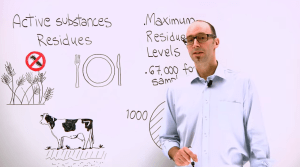
What are pesticides and how do they get into our food?
|
This is why, as part of its Green Deal initiative, the European Commission has proposed to cut the use of pesticides in half by 2030. Today’s farmers are being asked to increase productivity and reduce the environmental impact of their activities, both without compromising on quality,” says EUSPA Executive Director Rodrigo da Costa. “With EU Space technologies, they can achieve these challenges.”
Enabling the variable rate application of pesticides
For SatAgro, striking this balance between productivity and sustainability starts with Copernicus, Europe’s Earth Observation programme. The Polish company offers a far-ranging, automated web-based service for precision agriculture supported by satellite observations.
“SatAgro’s mission is to provide up-to-date information on crop conditions and its variability in space and time so users can optimise their decision making, implement precision and regenerative farming techniques, and become more profitable in the process,” says SatAgro Founder and Chief Development Officer Przemysław Żelazowski.
To do this, the company uses Copernicus Sentinel data to measure soil quality, distinguish between crop types, and monitor the health and maturity of their yields, amongst other uses. Access to such data can help farmers increase yields and productivity while also reducing their environmental impact.
Farmers benefit in multiple ways from the use of Copernicus data. For example, by being able to ‘see’ which crops would benefit most from the use of pesticides, they can apply pesticides to just those crops – resulting in significant costs savings and potential increases in yields.
In agriculture, this is called variable rate application. Instead of the uniform application of chemicals across entire fields, with variable rate application, farmers can apply appropriate amounts of fertilisers and pesticides at a precise time and/or location.
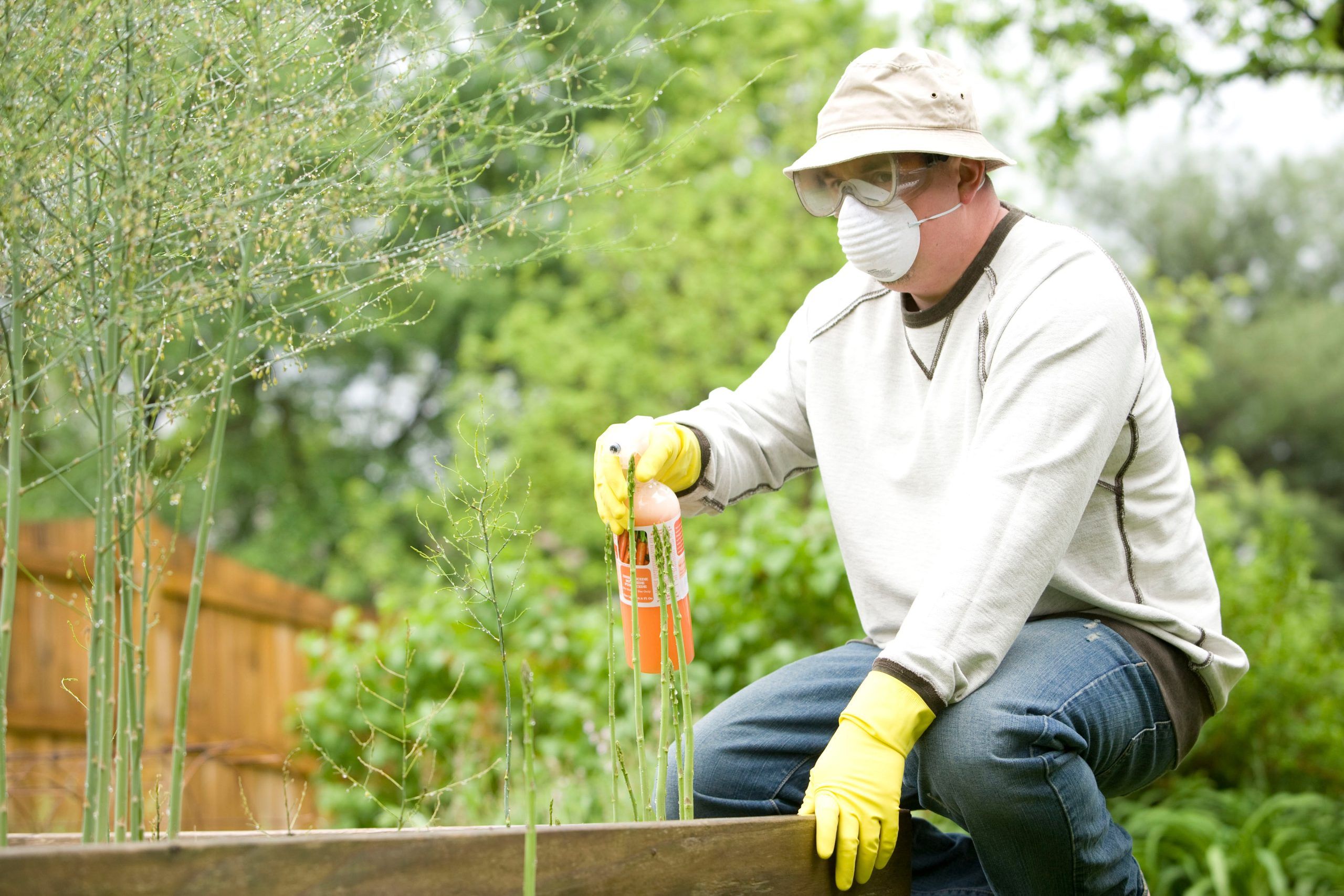
Las nuevas normas de la UE preparan el terreno para un mayor uso de fertilizantes orgánicos y a base de residuos
|
This is where another component of the EU Space Programme comes into play: European GNSS (EGNSS). Whereas Earth Observation shows you where pesticides and fertilisers are needed, the precise positioning provided by Galileo and EGNOS guides your machinery to that exact location.
“The electronic dosage instructions for fertilisers and other agrochemicals compiled by the SatAgro solution are compatible with most of the major EGNSS-enabled precision spreaders and sprayers on the market,” adds Żelazowski.
When less is more
Put Earth Observation and EGNSS together and what you get is a very powerful solution for the variable rate application of fertilisers and pesticides. Copernicus provides differentiated mapping of crops and EGNSS the highly accurate positioning of machinery. Together, they allow farmers to precisely apply fertilisers and pesticides only when and where they are needed most.
But the benefits of EU Space technologies aren’t limited to the sustainable use of fertilisers and pesticides. This same technology can be used to reduce the fuel used by farm equipment, install smart irrigation systems, implement best practices in time management, increase productivity, mitigate the impact of climate change, and optimise yields – all with minimal investments by the farmer.
More information: EUSPA

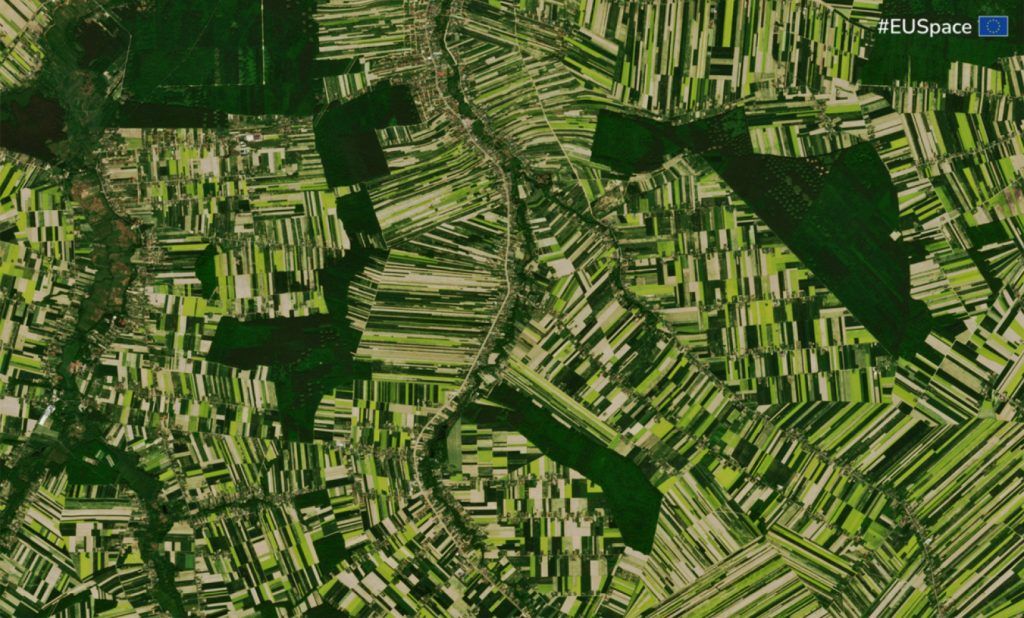
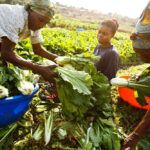
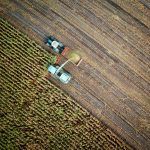
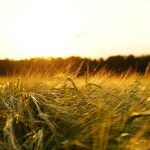
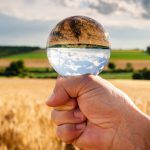
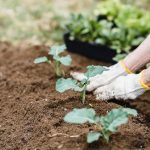
Leave a Reply